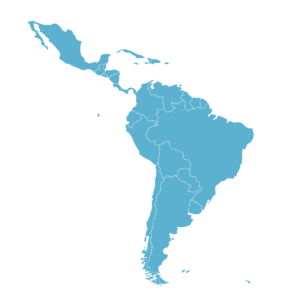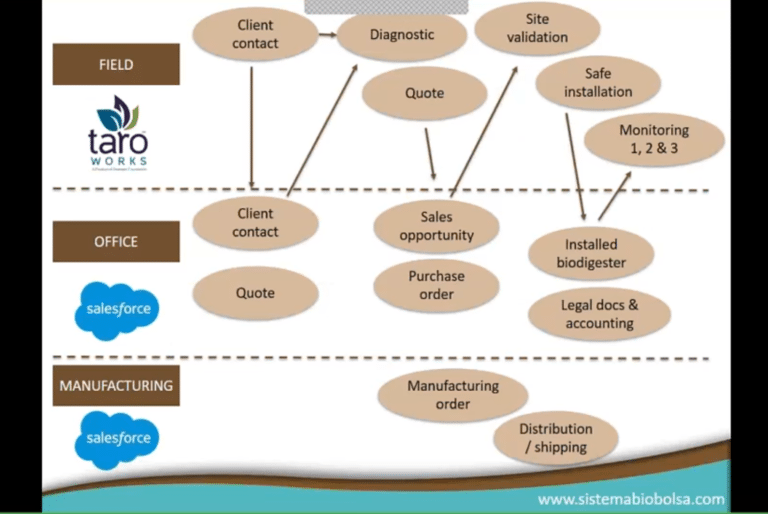State of Engineering for Global Development – Latin America
Engineering for Global Development (EGD) – EGD is an interdisciplinary practice that aims to improve the quality of life of underserved communities worldwide through the design and delivery of technology-based solutions combined with local capacity-building. To do this effectively, practitioners must integrate their technical training with an understanding of economics, entrepreneurship, social science and politics to benefit people living in poverty. Engineering education programs that support this definition are found at many institutions throughout Latin American. Program-specific aims and goals may be broader or further specialized than the definition presented here. Likewise, terminologies and titles vary – such as “global engineering”, “humanitarian engineering”, “engineering for international development” or “development design”; among others. Regardless of a lack of terminology-consensus in this field, this report includes those programs that E4C has identified as supporting our overarching definition of “EGD.”
Overview
Results from our exploration in 2020 show that 28 higher-educational institutions in Latin America now offer a variety of EGD opportunities for students through curricular, co-curricular and extra-curricular programs and research. From these 28 institutions, the following EGD-related programs are available:
● Undergraduate degree: 4 institutions
● Graduate degree (masters): 3 institutions
● Courses: 20
● Research and innovation centers: 15+ institutions
● Experiential opportunities: 21 institutions
The programs included in this report range in size, sector of interest, and opportunities available. This report highlights the many opportunities available for students to conduct research, complete coursework, receive degrees, and participate in experiential opportunities at institutions across the United States and Canada in EGD. The number of programs is continuing to grow and is gathering pace. These opportunities not only prepare students for future careers in EGD, but also allow students to develop engineering design, teamwork, and project management skills. EGD teaching in universities often focuses on a collaborative approach in their relationships and partnerships with developing communities and economies. There remain several opportunities for curricular EGD program growth and development in Latin America. Of the 25+ institutions included in this report, only five currently offer bachelors or masters degrees in related fields. Additionally, many institutions offer introductory and capstone classes, but lack vertical integration within their EGD programs, leading to curricular gaps for students in their second and third years. Institutions with EGD programs have the opportunity to provide a context for engineering to teach the necessary skills and competencies that have not been traditionally included in engineering curriculum, which will ultimately prepare the next generation of engineers to innovate for the benefit of the common good.


No Comments.